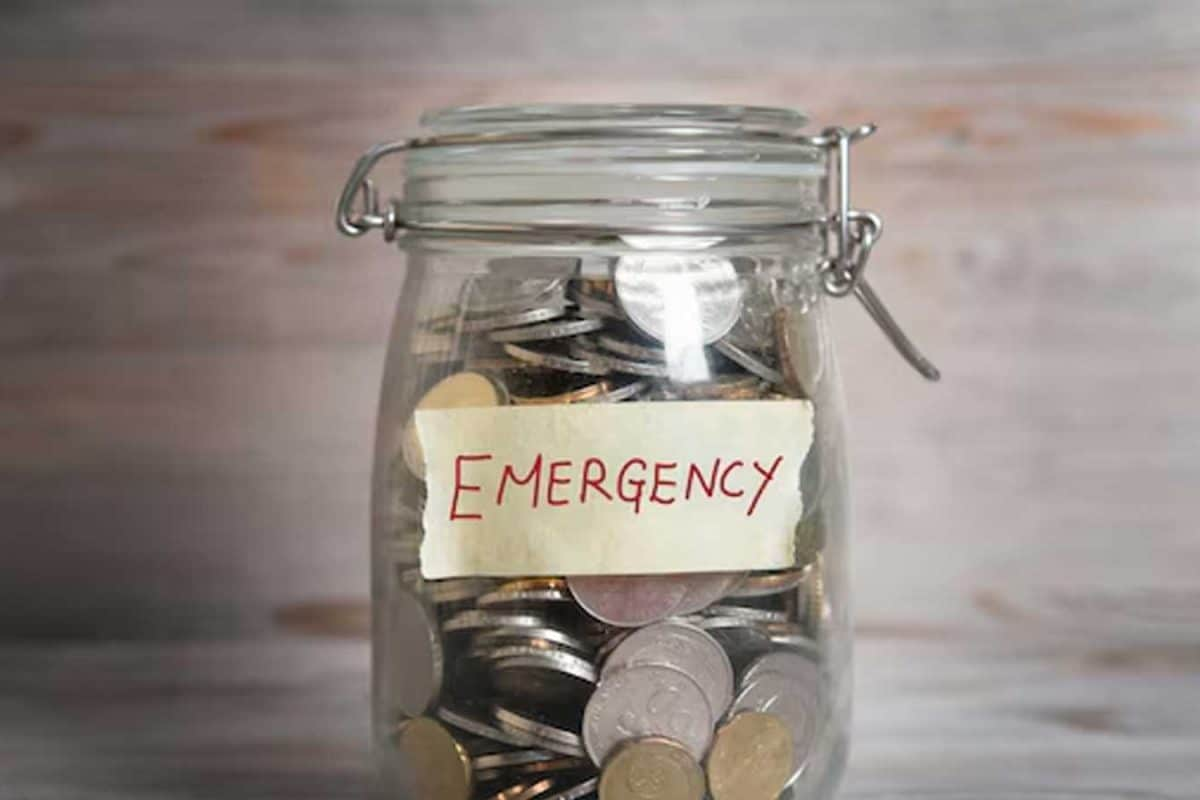

An emergency fund is a vital component of a solid financial plan, acting as a safety net that protects your investments and overall financial well-being. It's a pool of readily accessible money specifically set aside to cover unexpected expenses such as medical bills, car repairs, job loss, or other unforeseen circumstances. Without an emergency fund, you might be forced to tap into your investments, take on debt, or make other financially detrimental decisions during a crisis.
How an Emergency Fund Protects Your Investments
One of the primary ways an emergency fund safeguards your investments is by preventing you from selling them during a market downturn. When unexpected expenses arise, and you lack an emergency fund, you may have to liquidate your investments to cover those costs. Selling investments when their value is down locks in those losses and hinders your portfolio's long-term growth potential. An emergency fund provides a financial cushion, allowing you to weather the storm without disrupting your investment strategy.
Avoiding Debt
In the absence of an emergency fund, many people turn to credit cards or loans to cover unexpected expenses. However, these options often come with high-interest rates and fees, which can quickly lead to a cycle of debt. By having an emergency fund, you can avoid accumulating high-interest debt, saving you money in the long run and protecting your credit score.
Maintaining Peace of Mind
Financial stress can negatively impact your mental and physical health. Knowing you have an emergency fund can provide peace of mind, reducing anxiety and stress related to unexpected financial challenges. This can lead to better decision-making and a more proactive approach to your overall financial well-being.
How Much to Save
Financial experts generally recommend saving three to six months' worth of essential living expenses in an emergency fund. This amount should cover necessities such as rent or mortgage payments, utilities, groceries, insurance, and transportation. However, the ideal amount may vary depending on your individual circumstances, such as job security, income stability, and the number of dependents you have. Some advisors suggest aiming for even higher buffers, around 9-18 months of expenses, due to increasing economic uncertainty.
Where to Keep Your Emergency Fund
The best place to keep your emergency fund is in a safe, liquid account where the money is easily accessible. High-yield savings accounts and money market accounts are popular choices, as they offer competitive interest rates while still providing easy access to your funds. These accounts are typically FDIC-insured, protecting your money up to $250,000. Certificates of deposit (CDs) can also be considered, but it's important to choose CDs with shorter maturity dates to ensure you can access the funds when needed. Avoid investing your emergency fund in risky assets like stocks or cryptocurrencies, as the goal is to preserve capital and ensure its availability during an emergency.
Building Your Emergency Fund
Building an emergency fund may seem daunting, but it's achievable with a strategic approach. Start by setting a realistic savings goal and creating a budget to track your income and expenses. Identify areas where you can cut back on non-essential spending and redirect those funds to your emergency fund. Automate your savings by setting up automatic transfers from your checking account to your emergency fund each payday. Treat your emergency fund as a priority and stay disciplined, even during stable times. Deposit any windfalls, such as bonuses or tax refunds, into your emergency fund to accelerate its growth.
The Bottom Line
An emergency fund is an indispensable tool for protecting your investments and securing your financial future. It provides a safety net to cover unexpected expenses, preventing you from disrupting your investment strategy, accumulating debt, and experiencing financial stress. By setting a savings goal, creating a budget, and automating your savings, you can build a robust emergency fund that provides peace of mind and protects your financial well-being.